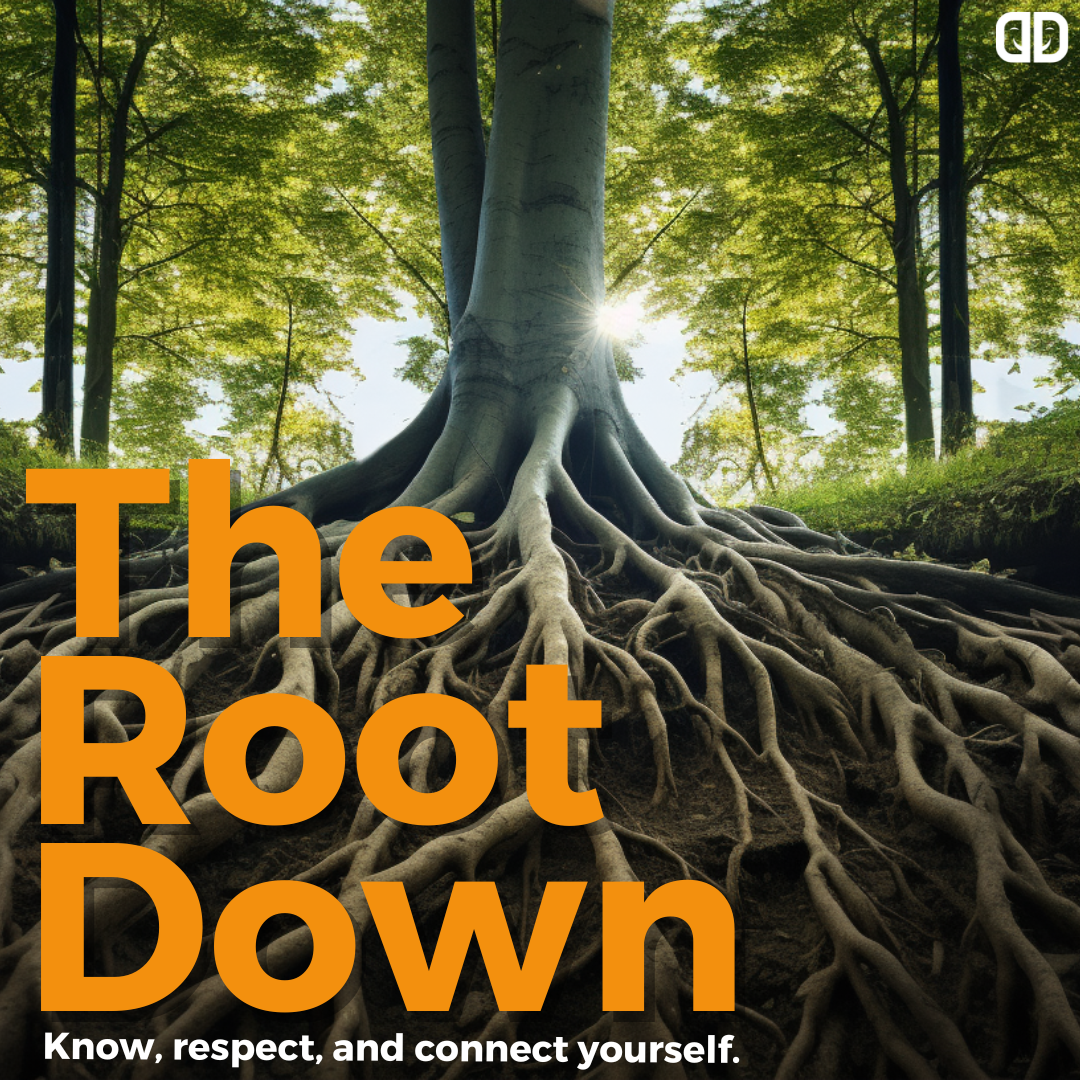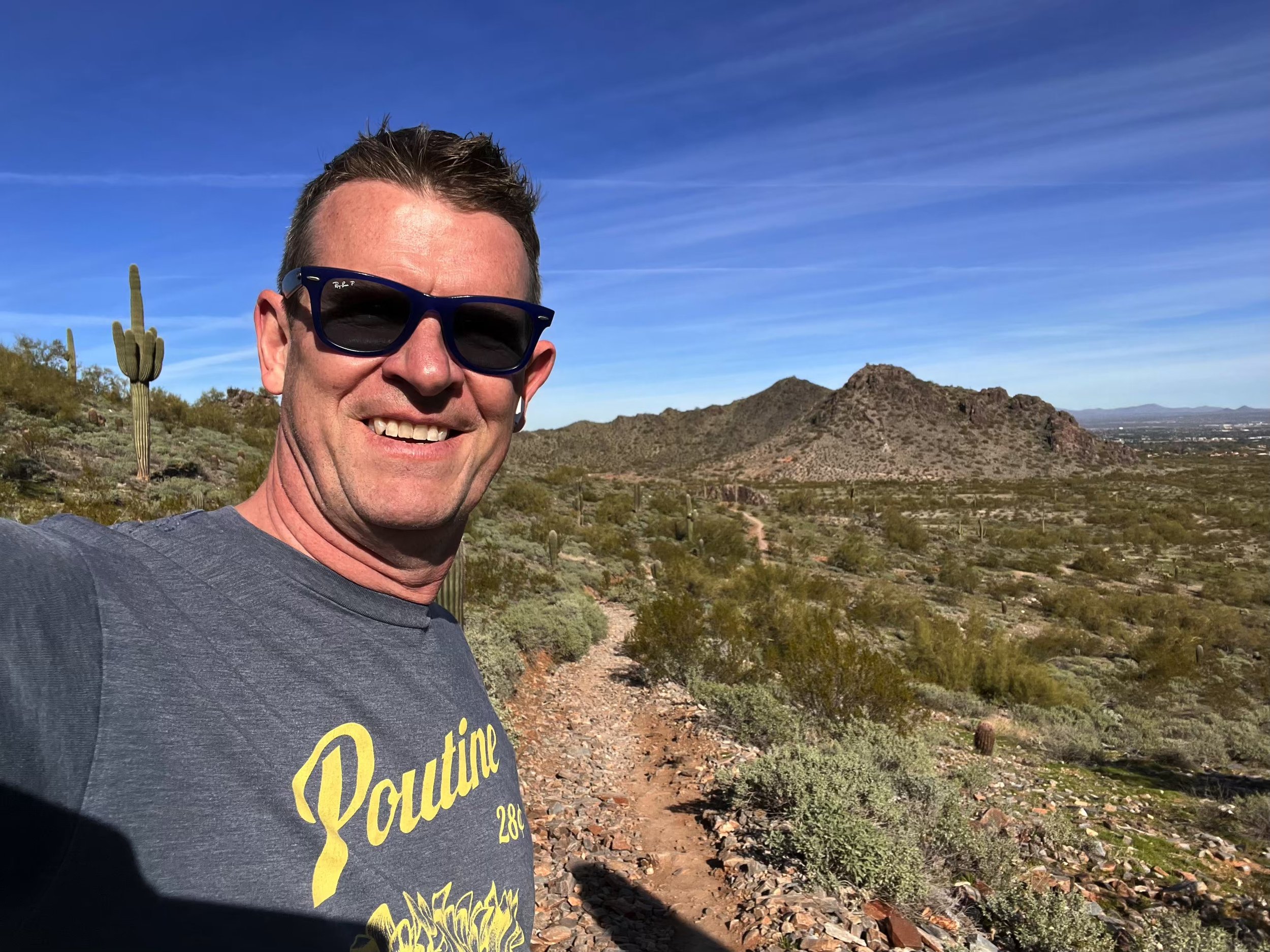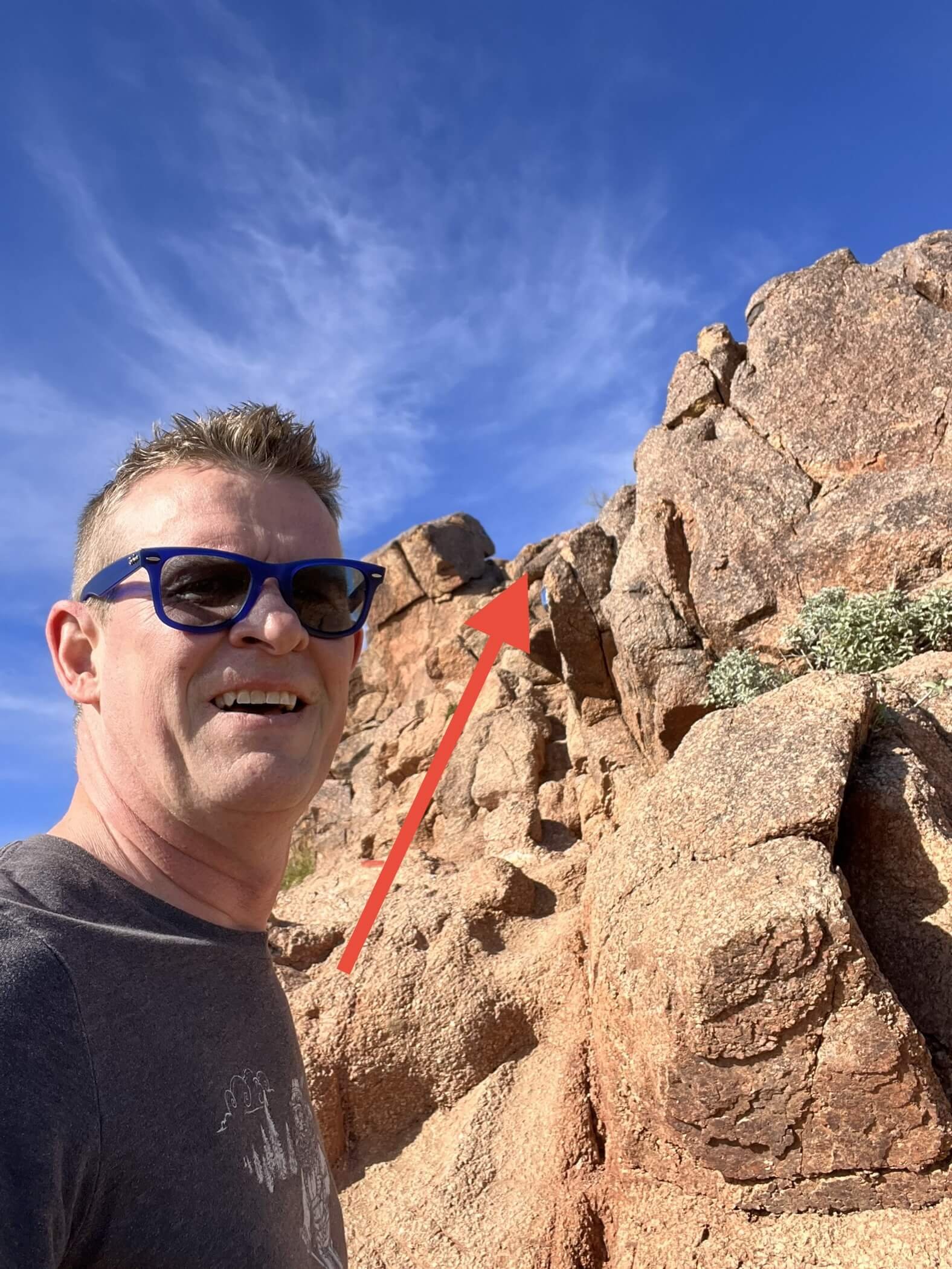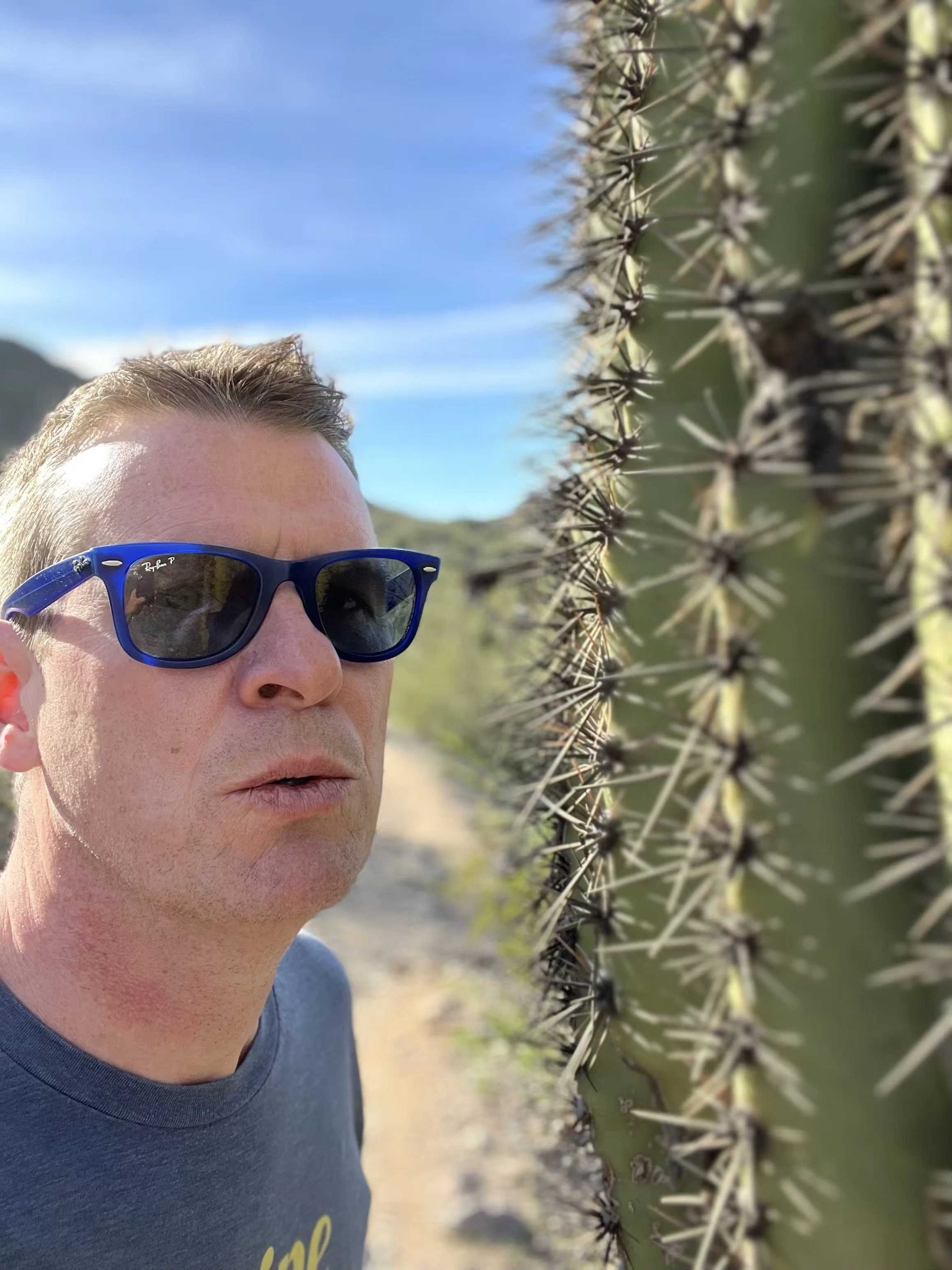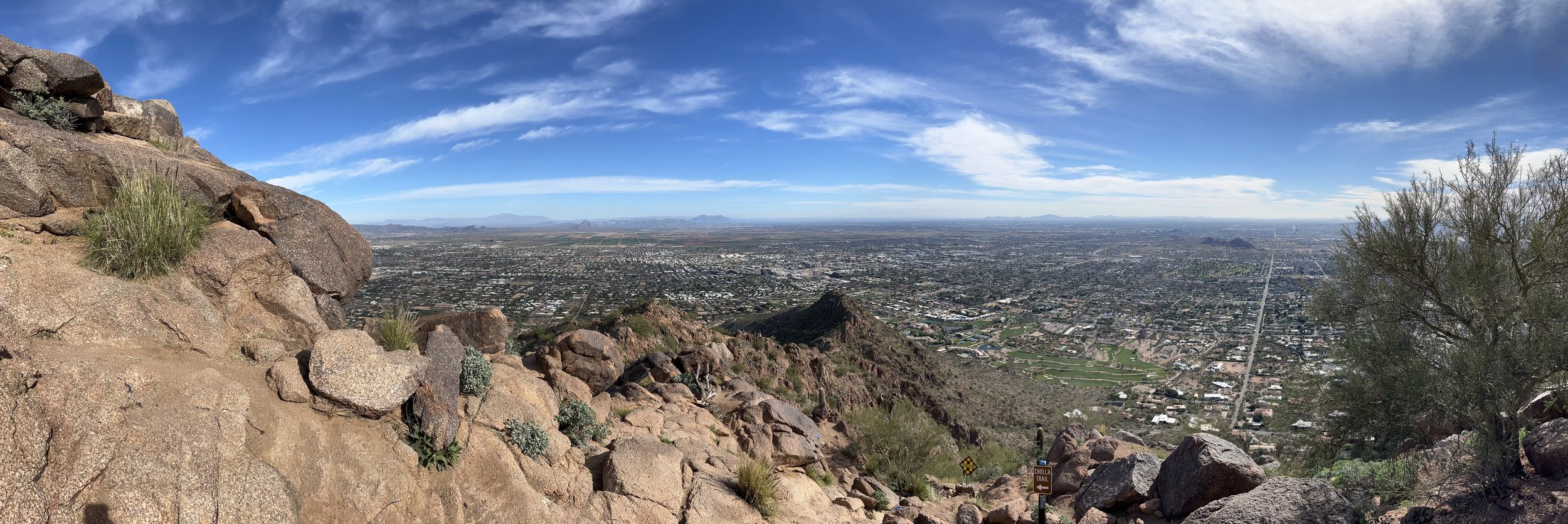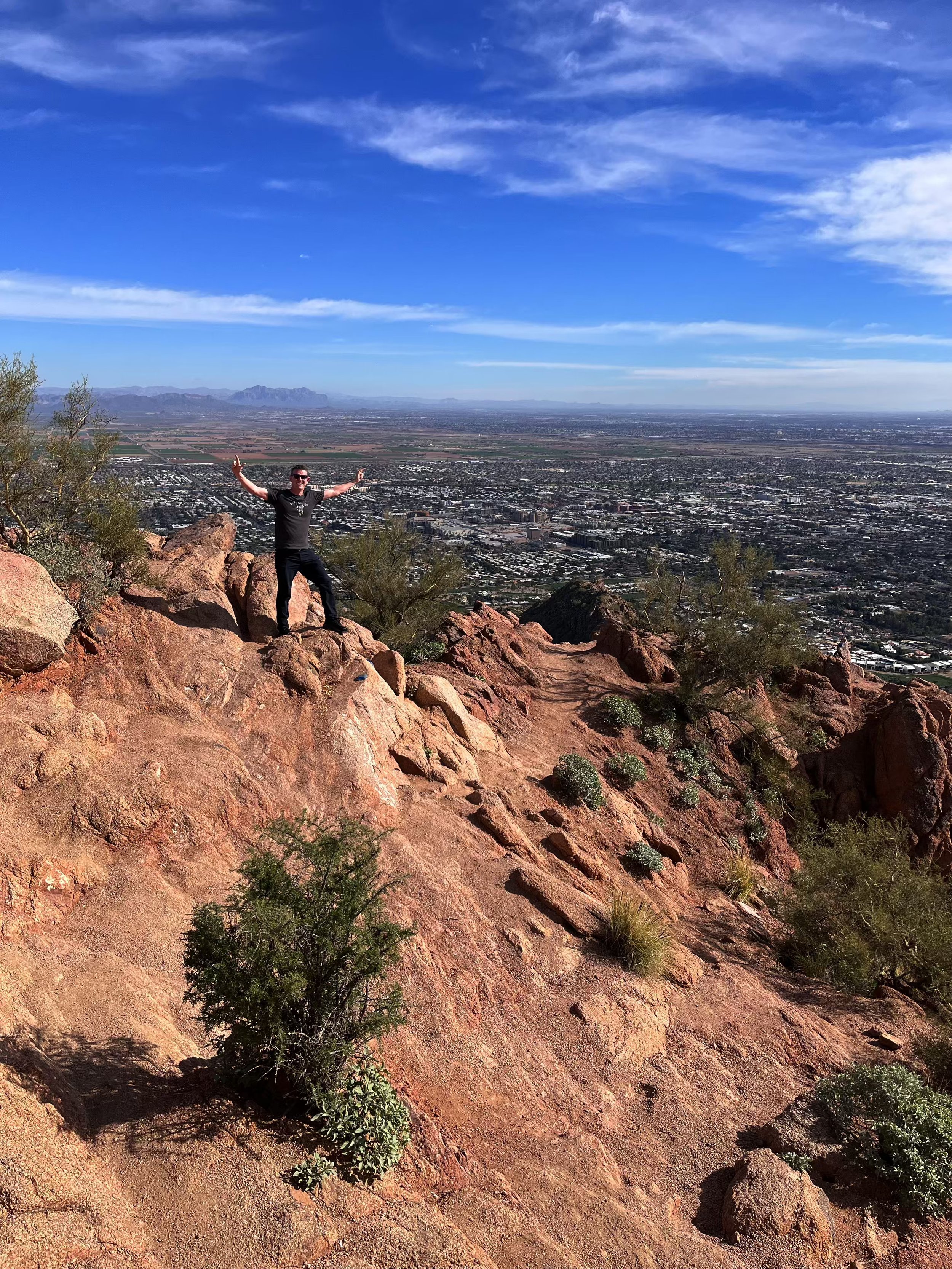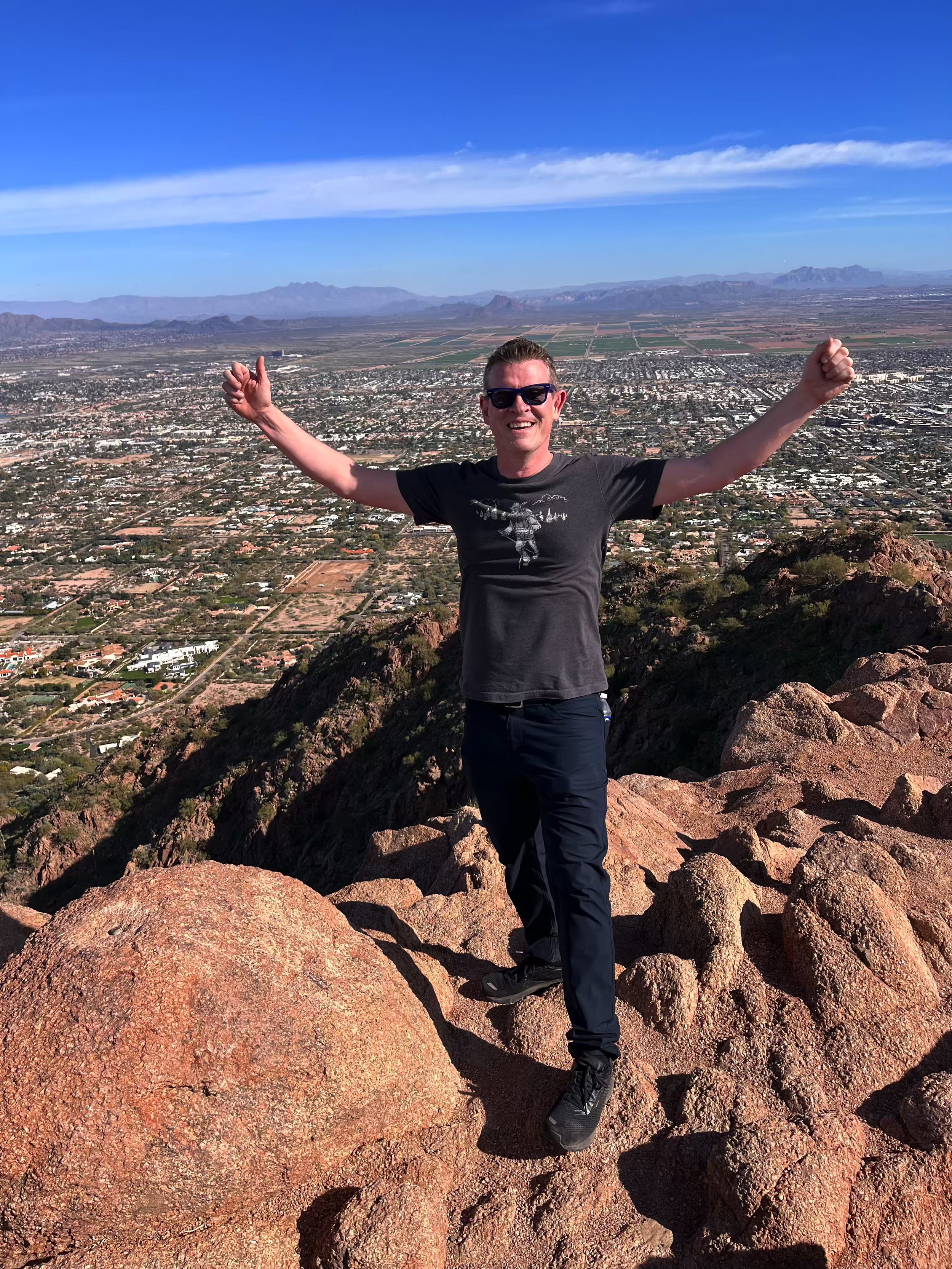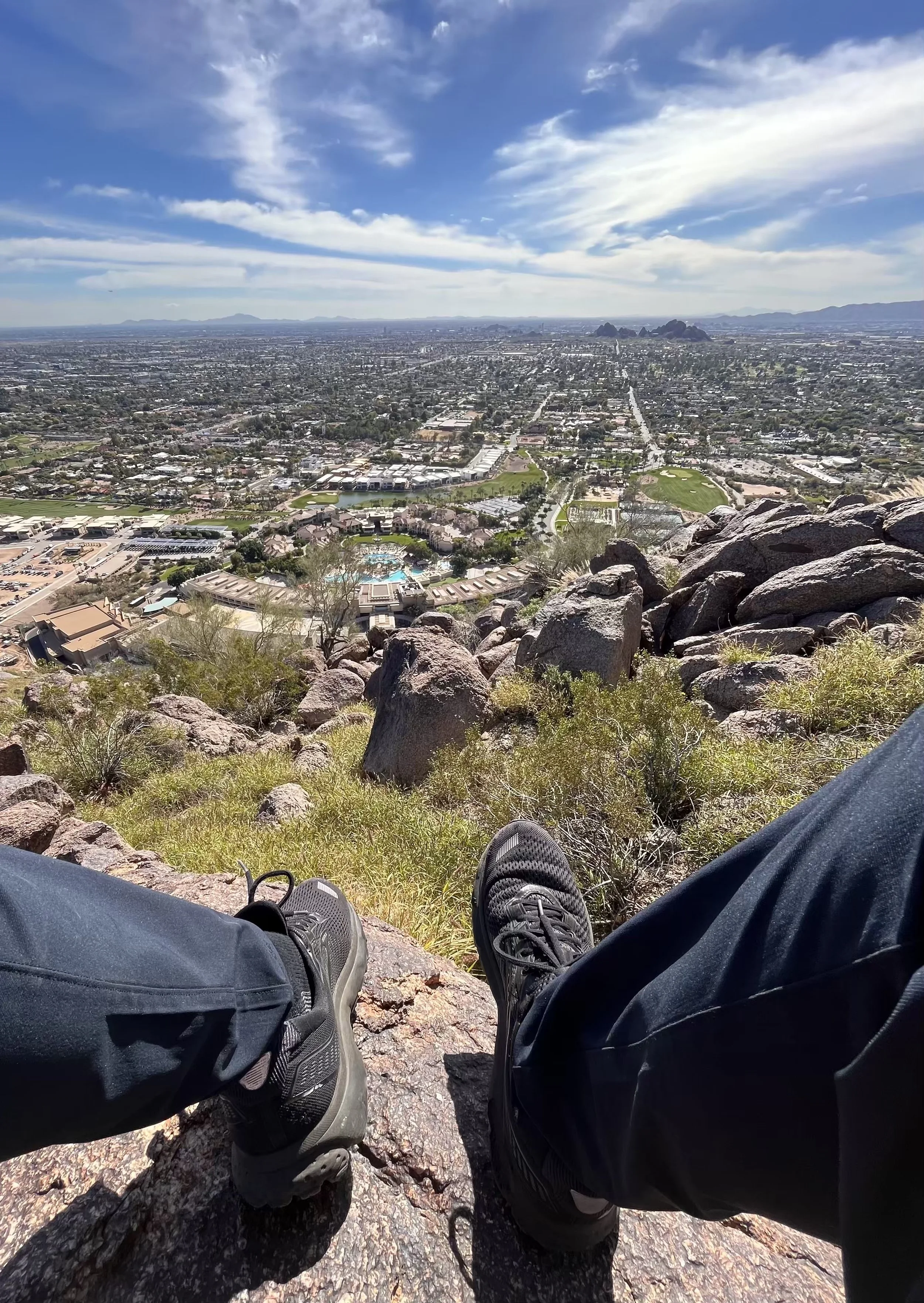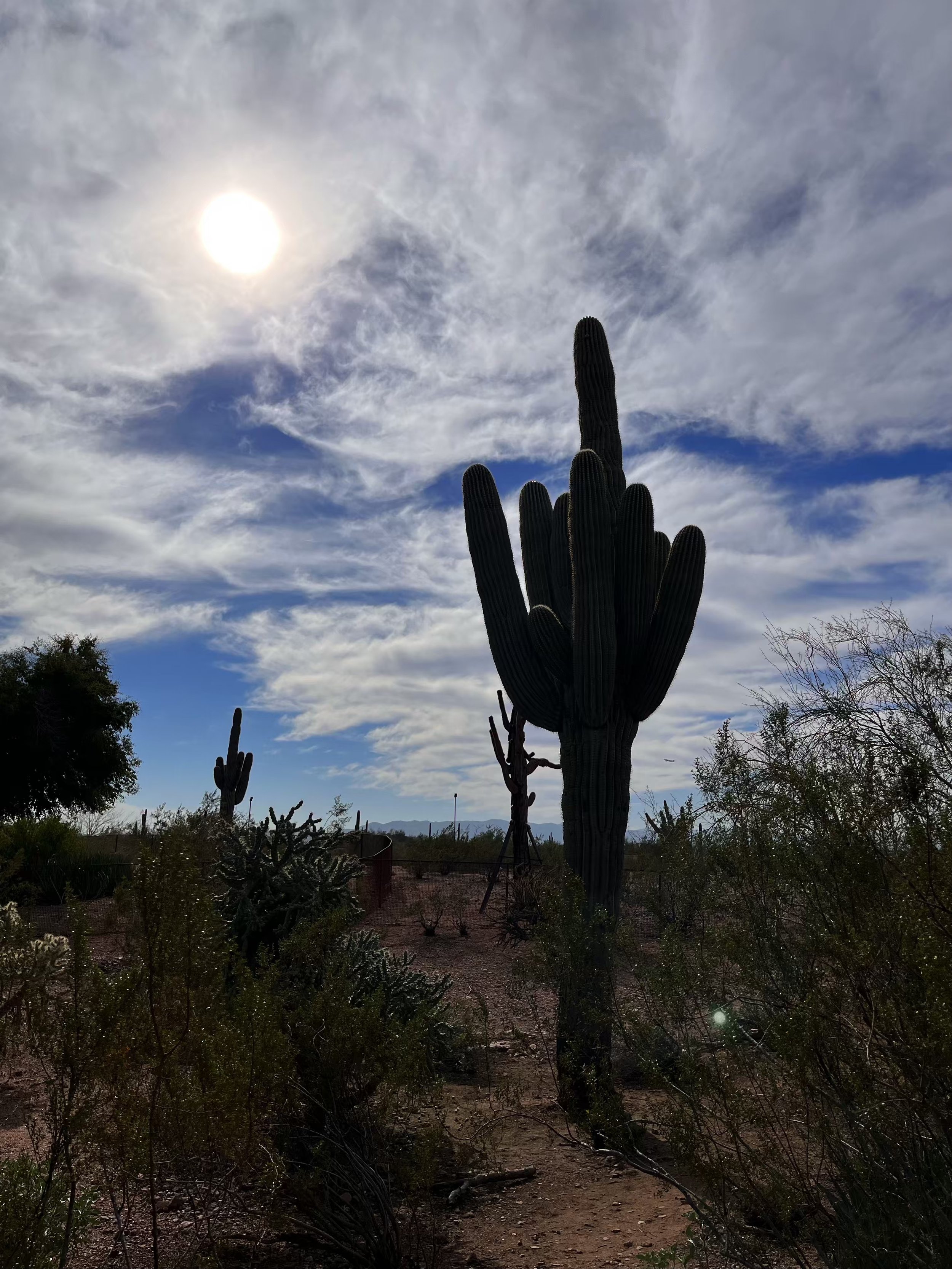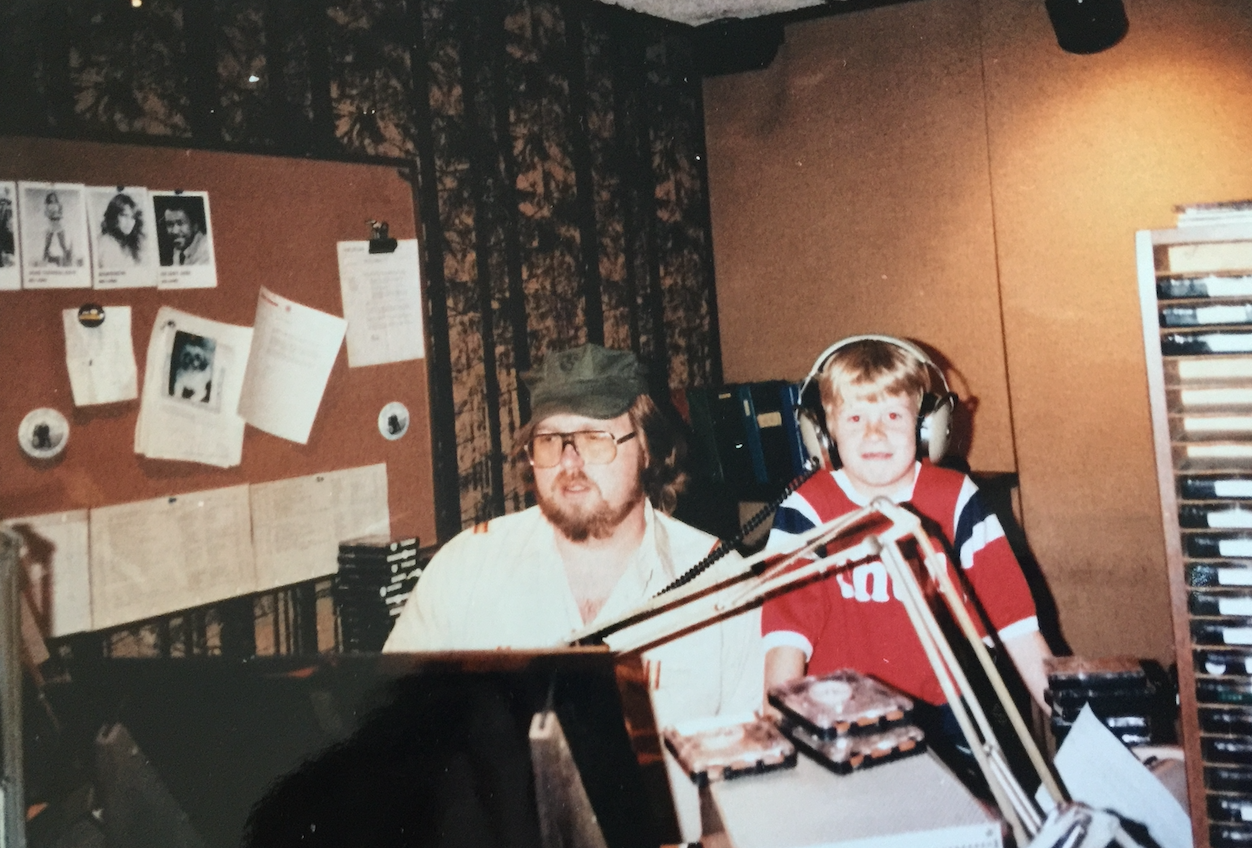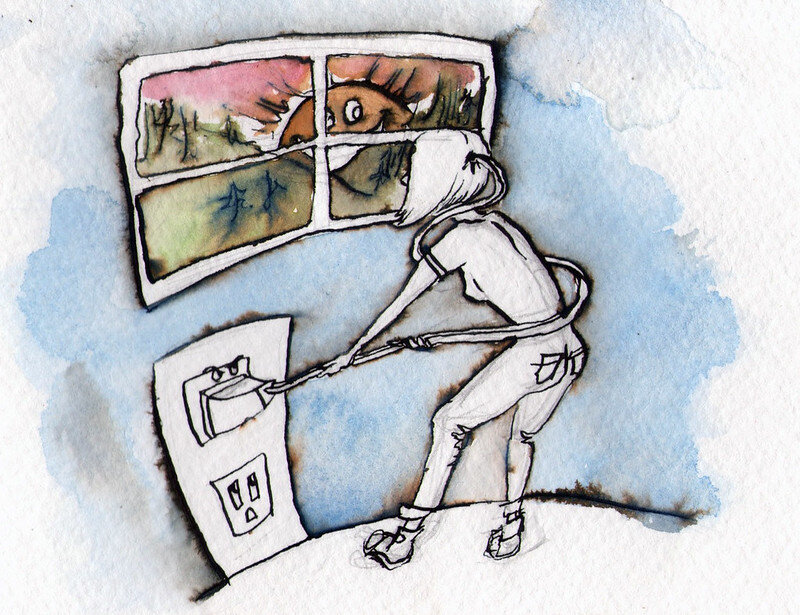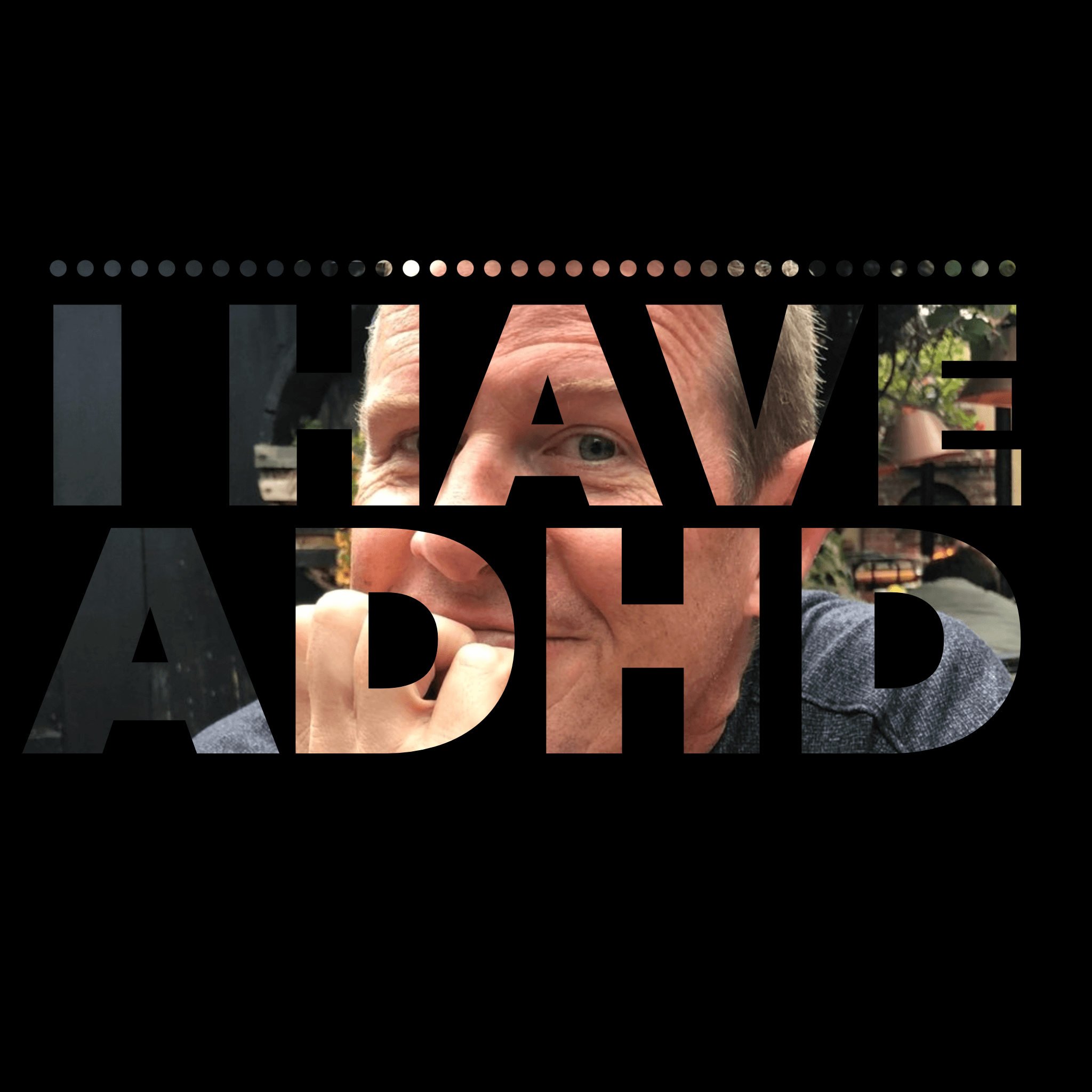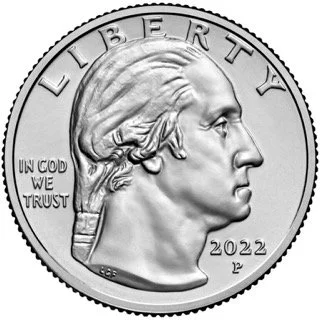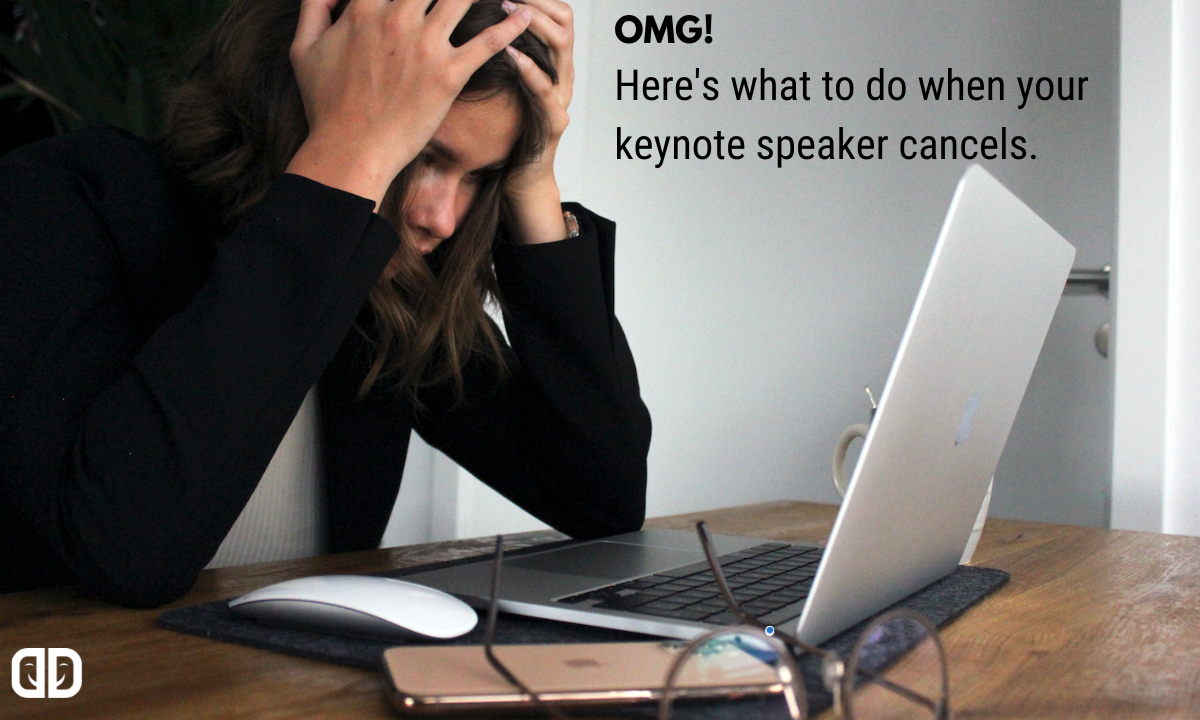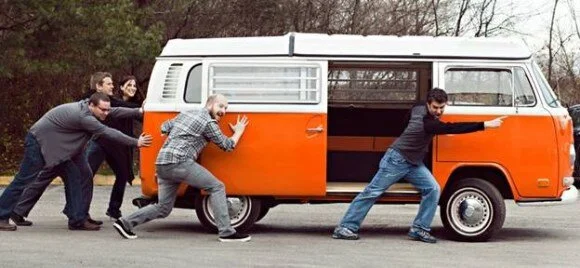You can have many people around you and still feel lonely.
Researchers and scientists say loneliness is a gap between the connections you need and the social connections you have. Loneliness is subjective, it’s different than objective terms like “isolation”. You can have many people around you and still feel lonely.
According to the American Psychiatric Association, loneliness isn’t necessarily the same as being alone. It usually refers to the distress people feel when their social involvement and relationships are not what they want them to be, such as feeling left out or alone when they’d prefer to be involved or interacting with others.
According to Dr. Murthy, there is a deep stigma and shame that comes with loneliness. We feel that if we are lonely we are not likable or broken in some way. This stops us from admitting how we feel to ourselves. If it’s beyond our vision, we don’t discuss it.
People describe loneliness as carrying an entire load by themselves, they feel like if they disappeared tomorrow nobody would care, or they feel like they are invisible. It doesn’t look like someone sitting by themself at a party. It can show up in different ways like fatigue, anger, social withdrawal, or irritability.
3 Dimensions of Loneliness
Dr. Murthy defines three dimensions of loneliness and explains that we need all three dimensions to feel socially connected.
Intimate and emotional. We want a partner.
Relational and social. We crave friendships.
Collective loneliness. We want to belong to a community or network of people who share our interests.
Any lack of relationships in these dimensions can lead to loneliness. So you can have a wonderfully intimate relationship with your spouse yet still feel lonely if you are lacking a community or friendships.
This is where approaching people for genuine connection instead of validation is key.
Loneliness can also come from not being your true self. You need to connect to yourself by understanding your worth and value. This gives you the power to be yourself.
If we spend time trying to be someone we are not it doesn’t feel good. Human instincts guide us to deeper connections to people. You feel emotionally drained when you are craving someone’s acceptance. Think of a date or meeting when you are nervous. You’re exhausted by the end because you are focusing on trying to please them.
Focus on the connection you have to yourself first. Recognizing this is powerful because you can observe how you interact with others.
Check-in with how you are feeling during interactions. Be mindful of this.
Loneliness has profound consequences for our health. It’s much more than just a bad feeling. Dr. Juliana Holdlongstand has done extensive research into this and discovered that people with strong social relationships are 50% less likely to die prematurely than those with weak social relationships. She found the impact of lacking social connection on reducing lifespan is equal to the risk of smoking 15 cigarettes a day and is greater than the risk of obesity, excessive alcohol, and lack of exercise.
Dr. Holdlongstand studied multiple studies and found confirmation that this causes a higher risk of coronary heart disease, high blood pressure, stroke, dementia, depression, and anxiety. Loneliness can leave you with a lower quality of sleep, more immune system dysfunction, and more impulsive behavior and impaired judgment.
Relationships are the foundation of dialogue.
We, humans, are relational entities. We decide who we want to hang out with instinctively. If you spend five minutes openly talking to a neighbor, that gives you a shared experience and gives you insights into their values. What’s important is it’s an in-person (albeit 6-feet away) conversation.
These days everyone is connecting via web video chat services like Zoom, Skype, Hangouts, and via telephone and social media. Online dialogue is so challenging because there is no relational context.
Visual cues like body language and facial expressions or tone of voice can also be missing from encounters on social media. This can easily lead to toxic exchanges online.
The only way to address big issues is to talk with people. Today’s technology makes us think we know ‘the enemy’. We believe what we see and hear online and in the news. We end up feeling closer and more threatened to the people we are against. It’s crucial that we don’t feed the trolls.
Stop watching the news frequently.
You don’t really know the people you see online or in the news who you feel against. Step back and consider they are humans - be empathetic. There are parts of everybody that are lovable to others. Consider what the people you feel against are scared about. Everyone has something that makes them lovable and something that they are scared about. This is called mutual vulnerability.
There is a cognitive bias called motive attribution asymmetry. This tells us our beliefs are grounded in love and our opponents’ beliefs are grounded in hatred. The contempt that results in this bias is visceral and righteous. It feeds intolerance and the same emotional stew that makes loneliness so toxic.
People don’t trust each other’s motives. This leads to motive attribution asymmetry. The only way to get past this is to build true, authentic relationships with each other. The only way to do this is to open up and be vulnerable.
We get signals telling us who we need to be. The definition of success and worth is often led by our ability to acquire wealth, reputation, and power. The reality is the true definition of worth is about the ability to give and receive love. It requires courage to be vulnerable, the ability to recognize our values. Society tells us to chase the false gods of wealth, reputation, and power.
Dr. Murthy explained that he is worried we are not setting our children up to believe in themselves and recognize their true source of power and self-worth. Instead, we are telling them their value is conditional on the acquisition of extrinsic things and circumstances.
Human Nature.
Hunter-gatherers being separated from their tribes once led to loneliness. This meant our likelihood of survival went down because we were more likely to be killed by a predator or have a lack of food supply. Our threat level would shift up and we would focus inward because of our lack of safety. We need one another it is human nature.
When you try to interact with someone who has an elevated threat level, it makes it harder to connect with them. Loneliness chips away at our self-esteem. It makes us think we are not lovable or likable.
We need to make a conscious decision in our culture to shift what self-worth is defined by. Understand shame and empathy. Shame corrodes our capacity for empathy of others because it is so self-focused. When we do this we will continue to lead people to a place where they don’t feel they are enough, which is a recipe for loneliness.
Loneliness reveals the power of human connection in our life.
Loneliness reveals the power of human connection in our life. The power of that connection can heal deep trauma. Authentic, open relationships lead to love. There is nothing more powerful than love. We need to strive to move us as a society to value connection and put people at the center of our lives and society.
It’s normal to feel lonely. I felt much better when I shared this discovery with my family. It turns out we all feel lonely and it’s perfectly normal during this ‘new normal’ pandemic life we are living.
I encourage you to give the full podcast interview a listen. I also recommend picking up Dr. Murthy’s book, Together: The Healing Power of Human Connection in a Sometimes Lonely World.
Photo by Jon Tyson on Unsplash.




